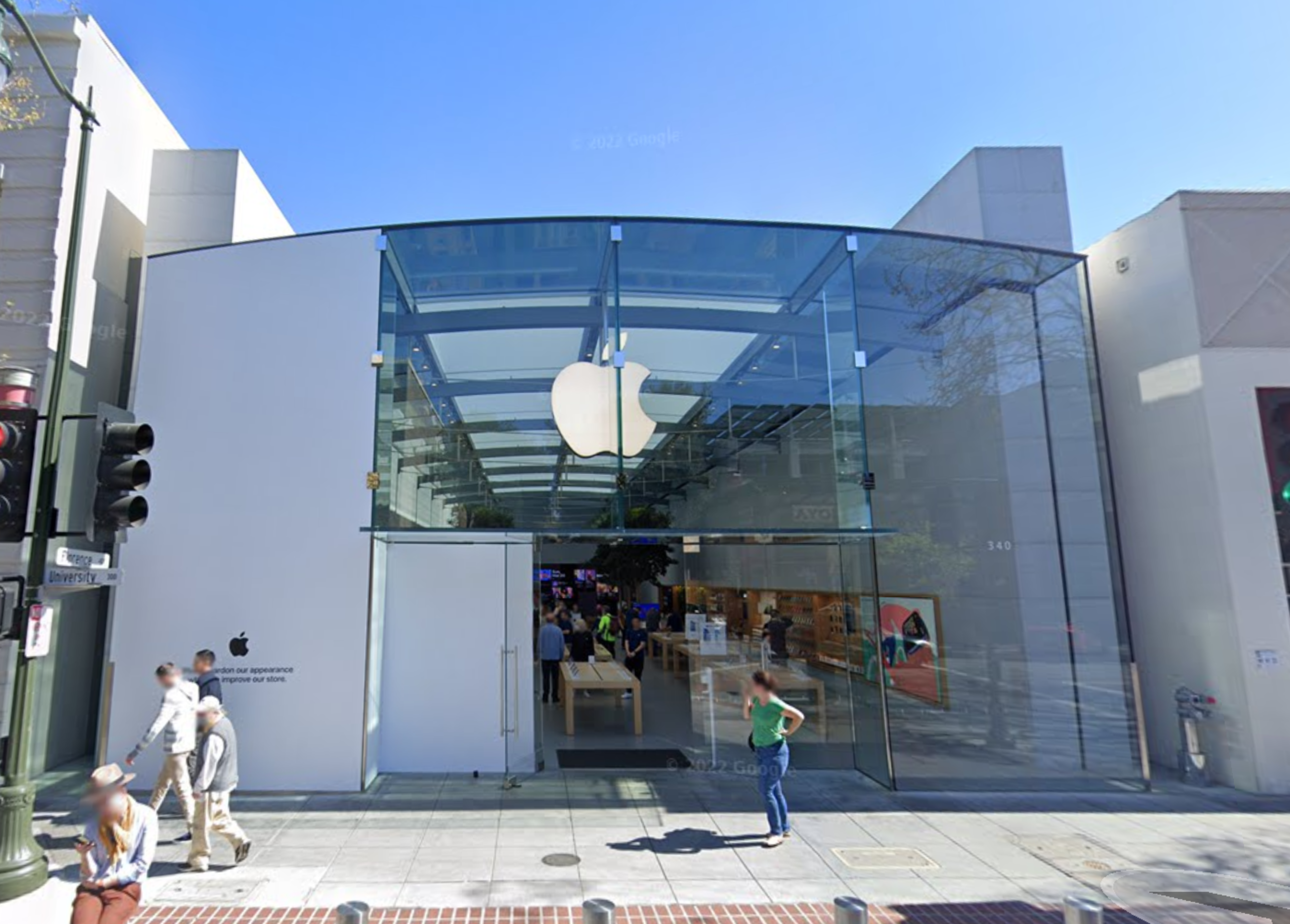An alleged organized crime ring accused of targeting Apple Stores in a series of Bay Area heists has seen eight suspects arrested, the California Highway Patrol announced Thursday.
CHP estimates the alleged thieves have caused over $1 million in losses to Apple.
The suspects have been arrested on felony charges of conspiracy and organized retail theft for the trafficking of stolen products across multiple states.
The investigation began in September 2022 when CHP organized crime officers learned of a group stealing and trafficking Apple products —iPhones, iPads, laptops and other electronics—in California, Oregon, Nevada, Utah, Georgia and Alabama.
On Jan. 19, the task force was joined by the FBI, the U.S. Marshals and the Oakland Police Department in carrying out several search warrants throughout the Bay Area, which resulted in multiple arrests.
On Jan. 27, the task force seized hundreds of Apple products, along with about $150,000 in cash from an address in Sacramento.

In a press conference, California Attorney General Rob Bonta said the criminal enterprise typically involved multiple people entering an Apple Store at the same time—some of the criminals would then distract employees while others picked Apple products and took them to a car waiting outside. Bonta said the process takes “seconds to minutes.” He said thieves then resell the products illegally—often out of state.
Bonta said the suspects sometimes target lower-value products at a higher volume; other times, they steal higher-value products at lower volume, illegally reselling them later.
Bonta said the criminals targeted stores throughout California, including in the East Bay, San Mateo County and Los Angeles.
“We won’t put up with this in our state,” Bonta said.
CHP Golden Gate Division Assistant Chief Steve Ramos said that since the task force was assembled in 2019, the state highway patrol has arrested 853 suspects and recovered approximately 290,000 products worth $23.8 million.
With the success of this program, the task force has been granted extended funding of $15 million to continue to operate until 2026.
“These suspects have no fear of arrest or conviction,” Ramos said. “We plan to change that dynamic.”
